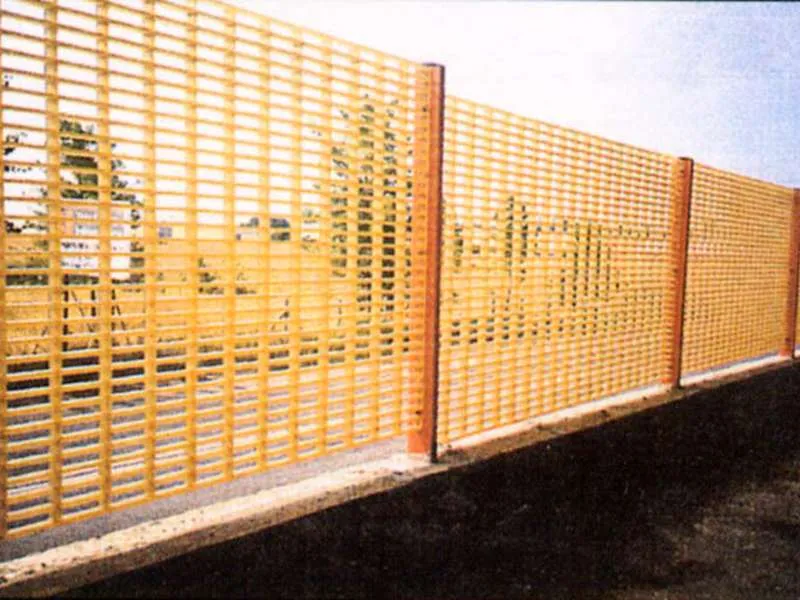
-
 Afrikaans
Afrikaans -
 Albanian
Albanian -
 Amharic
Amharic -
 Arabic
Arabic -
 Armenian
Armenian -
 Azerbaijani
Azerbaijani -
 Basque
Basque -
 Belarusian
Belarusian -
 Bengali
Bengali -
 Bosnian
Bosnian -
 Bulgarian
Bulgarian -
 Catalan
Catalan -
 Cebuano
Cebuano -
 China
China -
 China (Taiwan)
China (Taiwan) -
 Corsican
Corsican -
 Croatian
Croatian -
 Czech
Czech -
 Danish
Danish -
 Dutch
Dutch -
 English
English -
 Esperanto
Esperanto -
 Estonian
Estonian -
 Finnish
Finnish -
 French
French -
 Frisian
Frisian -
 Galician
Galician -
 Georgian
Georgian -
 German
German -
 Greek
Greek -
 Gujarati
Gujarati -
 Haitian Creole
Haitian Creole -
 hausa
hausa -
 hawaiian
hawaiian -
 Hebrew
Hebrew -
 Hindi
Hindi -
 Miao
Miao -
 Hungarian
Hungarian -
 Icelandic
Icelandic -
 igbo
igbo -
 Indonesian
Indonesian -
 irish
irish -
 Italian
Italian -
 Japanese
Japanese -
 Javanese
Javanese -
 Kannada
Kannada -
 kazakh
kazakh -
 Khmer
Khmer -
 Rwandese
Rwandese -
 Korean
Korean -
 Kurdish
Kurdish -
 Kyrgyz
Kyrgyz -
 Lao
Lao -
 Latin
Latin -
 Latvian
Latvian -
 Lithuanian
Lithuanian -
 Luxembourgish
Luxembourgish -
 Macedonian
Macedonian -
 Malgashi
Malgashi -
 Malay
Malay -
 Malayalam
Malayalam -
 Maltese
Maltese -
 Maori
Maori -
 Marathi
Marathi -
 Mongolian
Mongolian -
 Myanmar
Myanmar -
 Nepali
Nepali -
 Norwegian
Norwegian -
 Norwegian
Norwegian -
 Occitan
Occitan -
 Pashto
Pashto -
 Persian
Persian -
 Polish
Polish -
 Portuguese
Portuguese -
 Punjabi
Punjabi -
 Romanian
Romanian -
 Russian
Russian -
 Samoan
Samoan -
 Scottish Gaelic
Scottish Gaelic -
 Serbian
Serbian -
 Sesotho
Sesotho -
 Shona
Shona -
 Sindhi
Sindhi -
 Sinhala
Sinhala -
 Slovak
Slovak -
 Slovenian
Slovenian -
 Somali
Somali -
 Spanish
Spanish -
 Sundanese
Sundanese -
 Swahili
Swahili -
 Swedish
Swedish -
 Tagalog
Tagalog -
 Tajik
Tajik -
 Tamil
Tamil -
 Tatar
Tatar -
 Telugu
Telugu -
 Thai
Thai -
 Turkish
Turkish -
 Turkmen
Turkmen -
 Ukrainian
Ukrainian -
 Urdu
Urdu -
 Uighur
Uighur -
 Uzbek
Uzbek -
 Vietnamese
Vietnamese -
 Welsh
Welsh -
 Bantu
Bantu -
 Yiddish
Yiddish -
 Yoruba
Yoruba -
 Zulu
Zulu
fiberglass reinforced pipe
The Benefits and Applications of Fiberglass Reinforced Pipe
Fiberglass Reinforced Pipe (FRP) has emerged as a significant advancement in pipe manufacturing, combining the exceptional strength of fiberglass with the lightweight characteristics of plastic materials. This unique composite material has gained popularity across various industries due to its numerous advantages, including corrosion resistance, durability, and ease of installation. In this article, we will explore the benefits and applications of FRP, as well as its impact on modern infrastructure.
Understanding Fiberglass Reinforced Pipe
Fiberglass Reinforced Pipe consists of a thermosetting resin combined with fiberglass. The resin serves as a matrix that holds the fiberglass strands together, providing both structural integrity and flexibility. The fiberglass enhances the tensile strength and rigidity of the pipe, making it suitable for a wide range of applications in various industries.
Advantages of FRP
1. Corrosion Resistance One of the most significant advantages of FRP is its resistance to corrosion. Unlike traditional metal pipes that are prone to rust and degradation when exposed to harsh chemicals, FRP pipes can withstand aggressive environments, including wastewater treatment and chemical processing plants. This property not only extends the lifespan of the pipes but also reduces maintenance costs significantly.
2. Lightweight Composition FRP is considerably lighter than metal alternatives, making it easier to handle and install. This lightweight nature translates to reduced transportation costs and less labor required for installation. Compared to traditional materials, labor costs can be decreased by up to 30%, benefiting projects with tight budgets and schedules.
3. High Strength-to-Weight Ratio Fiberglass Reinforced Pipe offers a high strength-to-weight ratio, making it suitable for high-pressure applications. Its ability to withstand significant internal pressure without compromising integrity allows FRP to be used in various demanding contexts, such as oil and gas pipelines.
4. Thermal Insulation FRP provides excellent thermal insulation properties. This quality is vital in applications involving temperature-sensitive materials, where maintaining consistent temperatures is crucial. The thermal stability of FRP minimizes energy loss and improves overall efficiency in industrial processes.
5. Environmental Benefits As awareness of environmental issues grows, the demand for sustainable materials has increased. FRP is often considered an eco-friendly choice, as it can be produced with recyclable materials and has a lower carbon footprint compared to metals. Additionally, its long life and low maintenance requirements contribute to reducing environmental impact over time.
fiberglass reinforced pipe

Applications of FRP
The versatility of Fiberglass Reinforced Pipe allows its use in various industries
1. Water and Wastewater Management FRP is extensively utilized in water treatment facilities for carrying and transporting water. Its resistance to corrosion from chemicals makes it ideal for both potable water and wastewater applications.
2. Oil and Gas In the oil and gas sector, FRP pipes are used for transporting hydrocarbon fluids, brine, and other aggressive chemicals. Their flexibility and ability to handle high pressures make them a preferred choice in this industry.
3. Chemical Processing Chemical plants benefit from the use of FRP due to its chemical resistance. It’s used in scrubbers, ducting, and various piping systems that require materials capable of handling corrosive substances.
4. Mining Industry In mining, FRP is used for transporting slurries and mineral processing due to its resistance to wear and tear. The durability of FRP pipes reduces downtime and increases operational efficiency.
5. Infrastructure Projects FRP is increasingly being recognized in infrastructure projects where longevity and reduced maintenance are crucial. The lightweight nature facilitates easier installation in various settings, from urban areas to remote locations.
Conclusion
Fiberglass Reinforced Pipe represents a significant innovation in pipe technology, offering remarkable advantages over traditional materials. Its durability, resistance to corrosion, lightweight composition, and versatility make it an excellent choice for numerous applications across diverse industries. As infrastructure developments continue to evolve, the demand for reliable, efficient, and sustainable solutions like FRP will undoubtedly increase, shaping the future of piping systems and contributing positively to various sectors worldwide.









